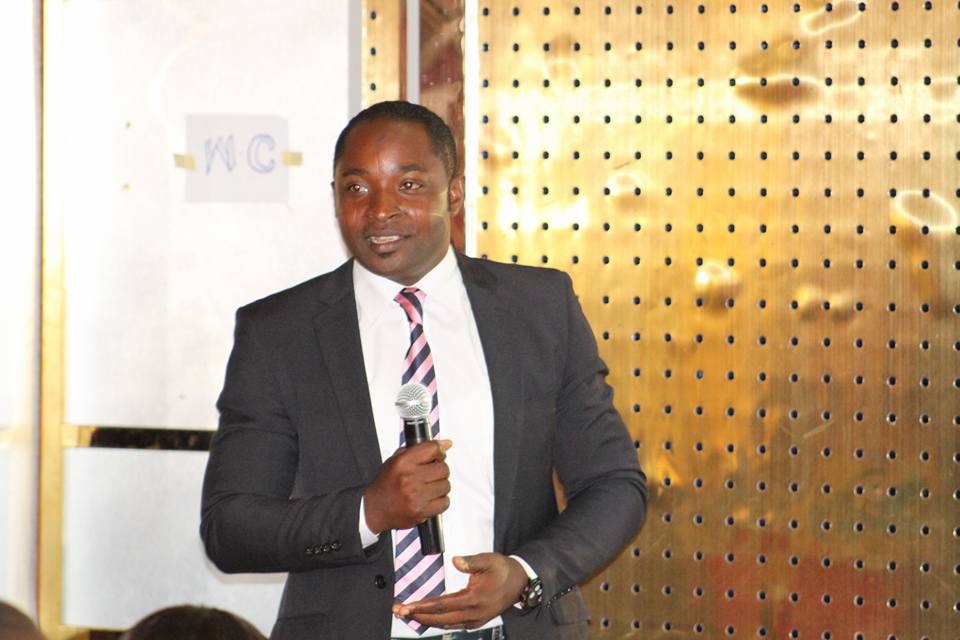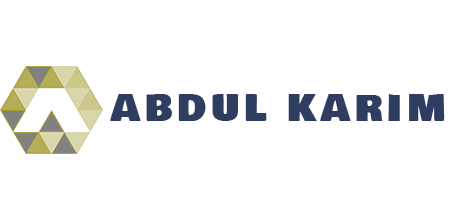The VisionaryABDUL
KARIM




Abdul Karim Ali was born on the 5th of December 1981 in a minority Muslim community in Bamunka, Ndop in the Northern Zone of Southern Cameroons. Mr. Ali studied Business Management and is also a Microsoft Certified Engineer. He is the founder and CEO of the Peace Research Center (PRC) based in Bamenda and has brokered peace in the community between the Muslim and Christian communities and along tribal lines. He is an ardent student of the Quran and the bible and has been affectionately dubbed the “Muslim Scholar of the Christian Bible.” A respected community leader, he also is an Islamic Instructor, Conference, and motivational speaker, Civil rights activist, and political analyst. He is married to Mairama Ali and has two children. Mr. Ali is a family man of peace, wisdom, and knowledge with inspirational leadership far beyond his minority community and the Southern Cameroons.

Yearning for Freedom?
A wise agreement should meet the legitimate interest of each party to the greatest extent possible, resolve conflicting interests fairly, find durable solutions, and take the interests of the subregion and international community into consideration. Peace, stability and development of international relations can only be guaranteed by bilateral and multilateral compliance with established international law, agreements, treaty rights and obligations.
In the crises between the Republic of Cameroon and Ambazonia, the Republic of Cameroon has previously treated discussions on the form of the State as non-negotiable. The historical commitment to the assimilation and annihilation of the anglophones created a positional entrenchment that prevented reconsideration of mutual interest and barred negotiations. Ambazonians have similarly evolved from peaceful demands of only aspects of autonomy and incrementalism to the absolute junction of “independence or resistance forever" and their vast majority have espoused the war of independence. As a result, both sides are stuck in positional bargaining, in which the harder negotiator, or the enfeebled victor in the war of attrition, is bound to have the day, but not the best settlement for lasting peace.
Negotiations for state rights, decentralization, autonomy, and some sort of pluralism between the Republic of Cameroon and the Southern Cameroons began on October first, 1961. The stakes have been raised since October first, 2017, with the declaration of independence of Ambazonia, as the negotiation terms have shifted to include complete separation and independence from the Republic of Cameroon. The unfortunate introduction of war, enormous human suffering, death, destruction of property, and genocide, has provoked new evaluations of the interests and fears of both parties and demands more urgent exchange on principled negotiations which seek long-term solutions to the crises. Negotiations are not made easier by war, but the need and urgency could be made more apparent to all belligerents. While the objective of fighting is not always to win, considering the decision to fight in defense of fundamental freedoms and against alleged genocide, even in the prospect of losing, will still change the negotiation dynamics. To the Southern Cameroonians, after six years of war, the Best Alternative to a Negotiated Settlement (BATNA) seems to be the destruction of colonial political and administrative institutions to make the State ungovernable. The ultimate goal is the deconstruction of the colonial state. The BATNA for the Republic of Cameroon is to continue to pursue war with the goal of extinguishing Southern Cameroon's independence aspirations. However, the perception of invincibility of The Republic of Cameroon has been broken, forcing a new BATNA which has been declared to include urgent "special status arrangements" or "some kind of pluralism" which has not met the expectations of Ambazonians. The outcome of the continued war to both parties, the subregion, and international stakeholders are devastating and unpredictable. Negotiations cannot be avoided and should be best engaged with the help of third parties as early as possible.
The disadvantage of positional bargaining is multiple folds but chiefly, entrenchment, prolonged warfare (crises), and increased chance of an arbitrary outcome. The Republic of Cameroon has adopted the inalienable position of imposing a unitary state only with modifications that include Southern Cameroons within her territorial boundaries at all costs. In the case of Southern Cameroon, however, the fear of the unknown, that arbitrary outcome, possibly prolonged war, had made positional bargaining unacceptable and the need to negotiate on principle by use of diplomatic and legal channels a more acceptable option before 2016. The force of argument and not the argument of force made sense and was the necessary lesson required to justify more drastic measures in the future. Appeasement and forced "vivre ensemble" had failed and were interpreted as a weakness by the Republic of Cameroon. The result of this strategy of appeasement, trust in the government of the Republic of Cameroon and international legal instruments, and blind faith in an experiment to birth pan-Africanism, expounds the compliant approach of the Southern Cameroonian post-reunification leaders. It compromised the substantive interests of the Southern Cameroonian and failed her people.
ESZK



